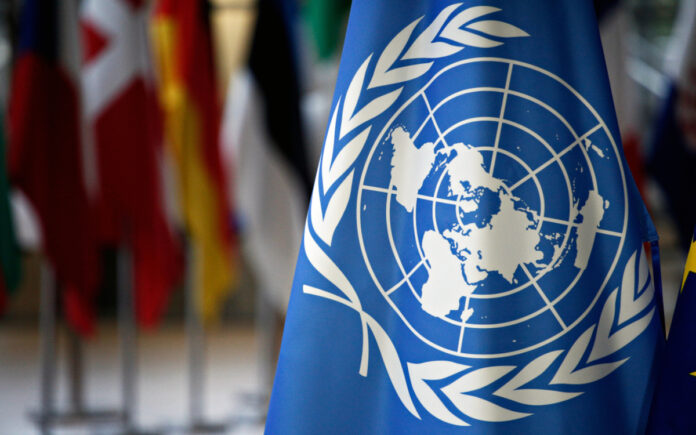Washington: The United States has issued a stern rebuke against Russia’s veto of a UN Security Council resolution aimed at enforcing a binding commitment to prohibit the deployment of weapons of mass destruction (WMD), including nuclear arms, in space in accordance with the Outer Space Treaty.
US National Security Advisor Jake Sullivan expressed grave concern over Russia’s veto, particularly in light of reports alleging Russia’s development of a satellite capable of carrying a nuclear device. Sullivan underscored the inconsistency between Russia’s denial of intentions to deploy nuclear weapons in space and its veto of the resolution.
The US stressed the importance of global cooperation in preserving space as a peaceful domain, free from the threat posed by weapons of mass destruction. Russia’s rejection of the resolution raises doubts about its commitment to upholding established agreements aimed at maintaining the security and tranquility of outer space.
Also Read | Ambassador Asif Durrani: Afghan Crisis a Greater Concern for Pakistan Than Wars with India
Sullivan stated, “Today, Russia vetoed a UN Security Council resolution, proposed jointly by the United States and Japan, that would have reaffirmed the fundamental obligation of State Parties to the Outer Space Treaty not to place nuclear weapons in orbit around the Earth.” He added that the resolution would have urged all member-states to refrain from developing nuclear weapons specifically designed for orbit.
“Placement of a nuclear weapon in orbit by a State Party would not only violate the Outer Space Treaty but also pose a threat to the vital services provided by satellites, including communications, scientific research, meteorology, agriculture, commerce, and national security,” Sullivan emphasized.
US Ambassador to the United Nations Linda Thomas-Greenfield criticized Russia’s veto, stating that it signifies Russia’s abandonment of its responsibilities.
Also Read | Rapper Toomaj Salehi’s Death Sentence Confirmed by Iran’s Judiciary
“This is not the first time Russia has undermined the global non-proliferation regime. Over the past few years, Russia has irresponsibly invoked dangerous nuclear rhetoric, walked away from several arms control obligations, and remained unwilling to engage in substantive discussions on arms control or risk reduction. It has defended and enabled dangerous proliferators,” Thomas-Greenfield remarked.
Had the resolution been adopted, it would have stressed the need for additional measures, including political commitments and legally-binding instruments with effective verification provisions, to prevent an arms race in outer space in all its aspects.



